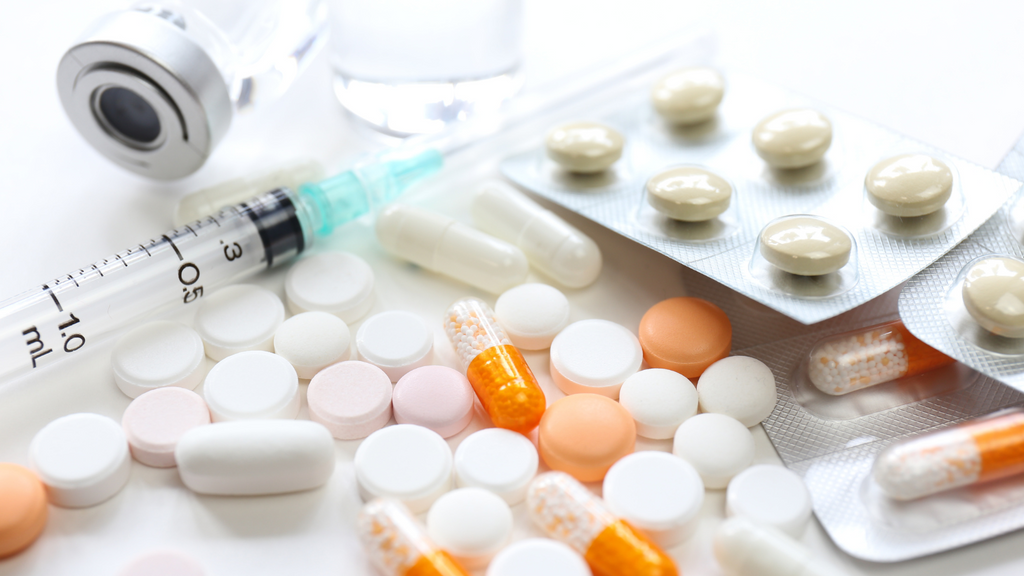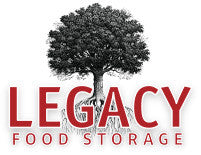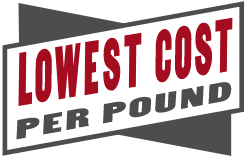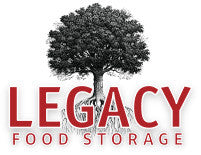
Life Saving Medication: Protect Your Lifeline in an Emergency
Sara never expected a landslide would cut off access to the only pharmacy in her mountain town. As she checked her refrigerator that rainy morning, her heart sank – only one insulin pen remained, enough for maybe three days if she managed her son’s diabetes carefully. The roads were blocked in both directions, and the local news reported it could take up to a week to clear the debris. Her calls to the pharmacy went straight to voicemail; their power was out too. As she watched her neighbors gathering to discuss the situation, Sara realized how quickly an ordinary Tuesday had turned into a crisis. She'd meant to refill his prescription last week, but between overtime at work and her son’s soccer tournament, she'd put it off until this week.
When emergencies strike, access to vital medications can become difficult. Sara’s story is a fictional example, but real situations happen every day – from natural disasters with no warning to unexpected travel delays, supply chain disruptions or even family emergencies. Here are practical steps you can take to ensure you always have extra supplies you can count on.
- Talk to Your Healthcare Providers
- Request an emergency prescription refill authorization
- Ask about 90-day supply options instead of 30-day refills
- Get written prescriptions to keep on file as backup
- Research possible alternatives in case your usual medication becomes unavailable.
- Work With Your Insurance
- Understand your insurance's emergency refill policies
- Ask about "vacation overrides" for early refills
- Check if your plan allows mail-order pharmacy services
- Keep a record of your insurance information and policy numbers
- Smart Storage and Organization
- Store current and extra medications in a cool, dry place
- Keep a current list of all medications, including drug name, dosages, prescribing doctors’ information and pharmacies.
- Take photos of prescription labels
- Remember to rotate your emergency supply to prevent expiration
Brian stared at his nearly empty bottle of seizure medication, trying to stay calm. The massive cyberattack had frozen computer systems across the city, and pharmacies were struggling to process prescriptions or access patient records. His usually reliable pharmacy chain had posted "CASH ONLY - NO INSURANCE - LIMITED AVAILABILITY" signs in their windows. With only two pills left, he had less than 48 hours before he'd miss a dose of the anticonvulsant he'd taken faithfully for the past decade. His neurologist's office was overwhelmed with similar calls from panicked patients. As he watched the busy signal flash again on his phone, Brian’s anxiety grew, and wished he'd followed through on his wife's suggestion to keep an emergency supply.
- Create a Backup Plan
- Research multiple pharmacy options in your area
- Keep cash on hand for emergency prescription purchases
- Know which local pharmacies have generators
- Save digital copies of prescriptions and medical records
- Consider keeping emergency supply at secondary location
- If medication needs refrigeration, ensure you have a backup for power outages
- Community Support Networks
- Join local support groups or online communities for your specific health condition
- Research local mutual aid networks and community health organizations
- Keep contact information for local patient advocacy groups, emergency medical services, and local hospitals with 24-hour pharmacies
- Learn which community centers or facilities serve as emergency shelters and whether they have medical support
- Prepare Medications for Travel or Evacuation
- Pack a 7-day supply of essential medications in a waterproof container
- Include copies of prescriptions and a list of medications with dosages
- Keep medications in their original packaging
- Bring your doctor’s contact information and pharmacy details
- Plan to pack a small cooler with ice packs if medications need refrigeration
- Include necessary extra supplies like syringes, testing strips, etc.
Additional Suggestions
- Don't wait until the last minute to refill prescriptions
- Always refill as soon as you can, to create a backup supply over time
- Always keep basic over-the-counter medications on hand
- Store medications in water-resistant containers
- Include medical supplies in your emergency go kit (syringes, testing strips, etc.)
Action Step: Work with your healthcare providers to create a legal and safe emergency kit and plan.Always consult your healthcare provider before making any changes to your medication routine.
Tags
- All
- 25 year food
- 25 year shelf life food
- 72 hour kit
- Best food storage types
- Best long-term food storage
- Blizzard preparedness
- Budgeting
- canning
- Certified GMO-free Emergency foods
- Certified GMO-free foods
- Coffee
- Comparison of emergency food methods
- Composting tips
- Dangers of genetically modified foods
- dehydrated food
- Edible Wild Plants
- emergcy preparedness
- Emergency Cooking
- Emergency Food
- Emergency food Christmas gifts
- emergency food storage
- Emergency Food Supply
- Emergency food supply recommendations
- Emergency Planning
- Emergency Preparedness
- Emergency preparedness advice
- emergency preparednesss
- Emergency Supplies
- Emergency supplies checklist
- Emergency Survival
- emergency survival gear
- Emergency survival kit checklist
- Emergency Survival skills
- exercise
- Family emergency preparedness
- Family emergency preparedness plan
- Family Preparedness
- Food Storage
- Food storage 25 year shelf life
- Food storage amounts
- Food storage Christmas
- Food storage containers long term
- Food Storage Secrets
- Food storage serving size
- Food storage types compared
- freeze dried food
- Freeze dried food storage
- freeze dried meats
- Freeze-dried emergency food storage
- Fruit Trees
- Gardening
- Getting Started
- Gluten-free food Storage
- Gourmet emergency food
- Healthy food storage
- How much emergency food to store
- Improved emergency preparedness
- Jared Markin
- Jared Matkin
- Legacy Premium
- Lessons learned from Hurricane Sandy
- Lessons learned from natural disasters
- long-term food storage
- Long-term Food Storage Guidelines
- Long-term Food Storage tips
- Long-term water storage
- Mental Emergency Preparedness
- Mental toughness
- Money-saving tips
- Natural disaster planning
- Natural Disasters
- Perfect Christmas gifts
- Pet Emergency preparedness checklist
- Pet Emergency preparedness kit
- Pet Emergency Survival tips
- Pets and Emergency Preparedness
- Plant Foraging
- portable solar panels
- portable solar power
- portable water filters
- protein drinks
- Risk of genetic modification
- Seed saving and storage
- Seed saving guide
- Self-reliance
- Self-reliant practices
- Shelf Life
- Solar Cooking
- Solar Ovens
- Special Dietary needs
- Stranded in a car in a blizzard
- Survival food
- Survival Gear
- survival kit
- Survival kits
- Survival Ovens
- Survival Skills
- survivalist gear
- suvival kit
- Tree Pruning tips
- Tree Trimming basics
- unique ideas
- water bottle with filter
- water filter
- water filter straw
- water filters
- Water Filtration
- water pitcher with filter
- water pitchers with filters
- Water purification
- Wild Food Foraging
- Winter composting
- Winter driving
- Winter preparedness tips
- Winter storm preparedness tips
- Winter Survival







